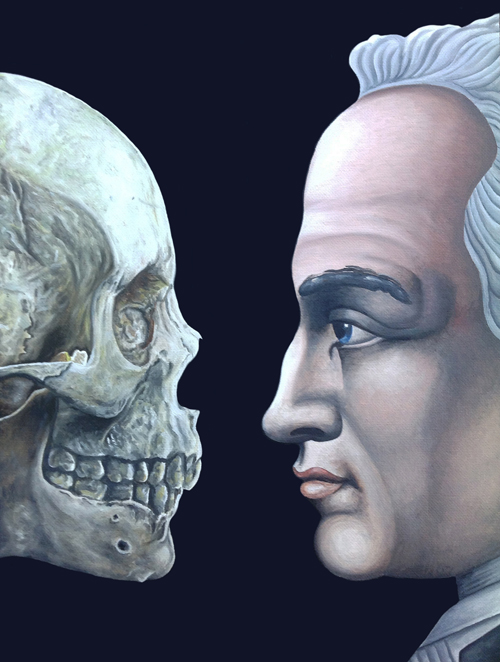 What does it mean to be human? This age-old question has occupied thinkers of all sorts for centuries and has produced a plethora of valuable insights, from philosophers to anthropologists, religious scholars to physicists…and many more.
What does it mean to be human? This age-old question has occupied thinkers of all sorts for centuries and has produced a plethora of valuable insights, from philosophers to anthropologists, religious scholars to physicists…and many more.
In this article, Dr. Brian Morris — Emeritus Professor of Anthropology at Goldsmiths, University of London — focuses on how philosophers (Immanuel Kant, in particular, and various schools of thought like existentialism, post-modernism, Marxism, Pragmatism, etc.) and anthropologists have approached the question “what is the human being?”
While, indubitably, this article looks at this question largely through an anthropological lens, both perspectives are valuable and can inform one another. In fact, Kant — perhaps most well-known for his work in moral philosophy — was (along with Rousseau, Herder, Ferguson, and others) a founding ancestor of anthropology, describing it as the study or science of humankind. His fundamental question, “what is the human being?” inevitably intertwined the sorts of questions and lines of inquiry common in both fields.
What is Anthropology?
Morris defines anthropology as a discipline with a ‘dual heritage’ that combines humanism and naturalism and whose insights were drawn from both the Enlightenment and Romanticism periods. “In many ways,” he says, “it is an inter-discipline, held together by placing an emphasis on ethnographic studies, which involve a close experiential encounter with a particular way of life or culture.”
In terms of method, [anthropology] combines scientific explanations of social and cultural phenomena with hermeneutics or biosemiotics. Yet although certain people write of some great divide or schism within anthropology, it has always had, in spite of its diversity, a certain unity of vision and purpose. It employs a universal perspective that places humans firmly within nature. Anthropology has therefore always placed itself at the interface between the humanities and the natural sciences, especially evolutionary biology. – Dr. Brian Morris
According to Morris, anthropology offers an extremely valuable perspective on Kant’s fundamental question about humankind, in large part because it “can offer a cultural critique of much of Western culture and philosophy, while at the same time emphasizing our shared humanity (Kant), thus enlarging our sense of moral community.”
What Does it Mean to Be Human?
Conceptions about what it means to be human vary dramatically across cultures and even within cultures. Within the Western intellectual tradition, for example, the human being is defined and conceptualized in countless and often contrasting ways. The essentialist response, the dualist response, and the triadic ontology response (offered by Kant) are just three examples. Broadly speaking:
- Essentialism tends to define the human subject or self in terms of a single essential attribute.
- Dualism defines the human subject or self as being split in some fashion. For example, mind and body (according to Descartes) are in some way categorically separate from each other.
- Kant’s Triadic Ontology defines the human subject or self in (as the name suggests) three ways — as a universal human being (mensch), as a unique self (selbst), and as a social being, a member of a particular group of people
While Ockham’s Razor would suggest that we take the simplest approach possible….and not muddy the waters unnecessarily…the human being does indeed seem to be a very muddy creature. (Note: Ockham’s Razor is still applicable here…it just means that “the simplest approach possible” is complex…and muddy).
To quote Morris: “Throughout the twentieth century, many scholars, within diverse intellectual traditions…developed a more integrated approach to the understanding of the human subject, recognizing, like Kant, the need to develop a more complex model of the subject.”
To read this article in its entirety, click here!
